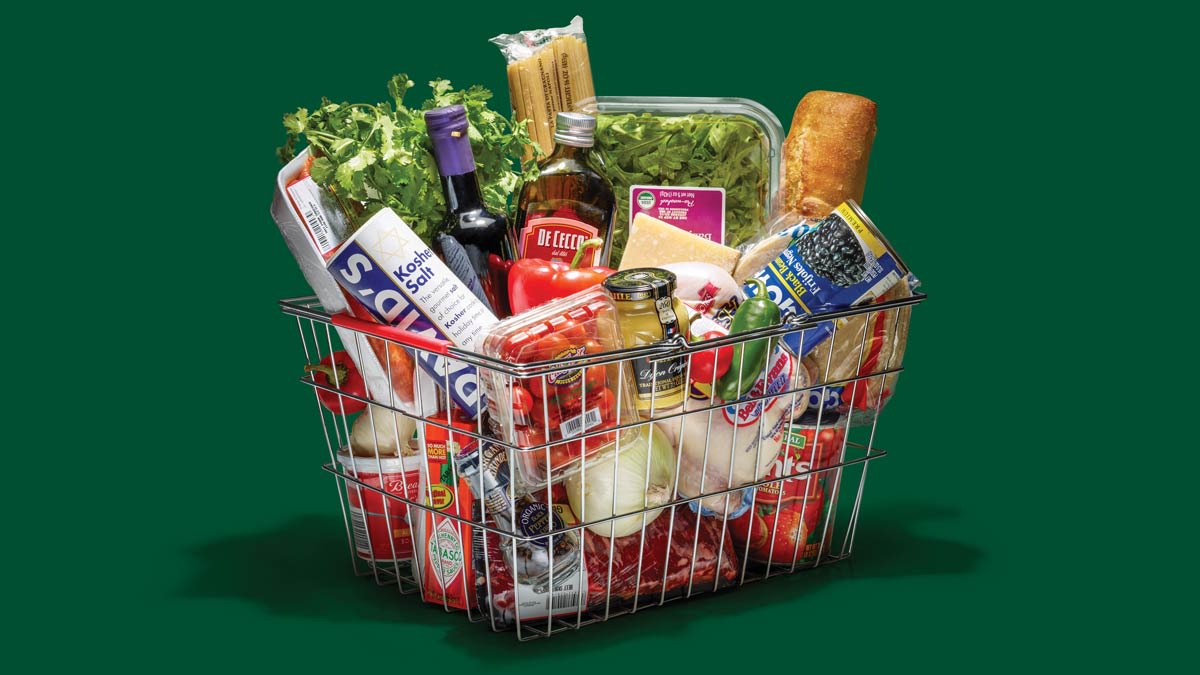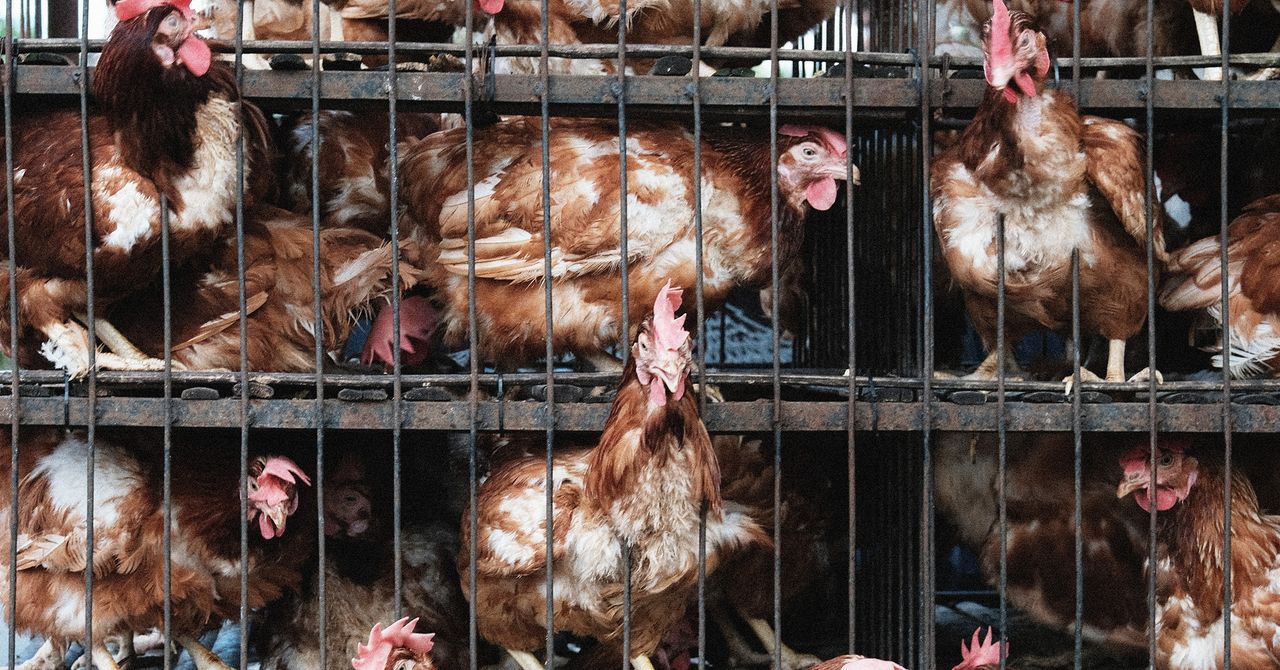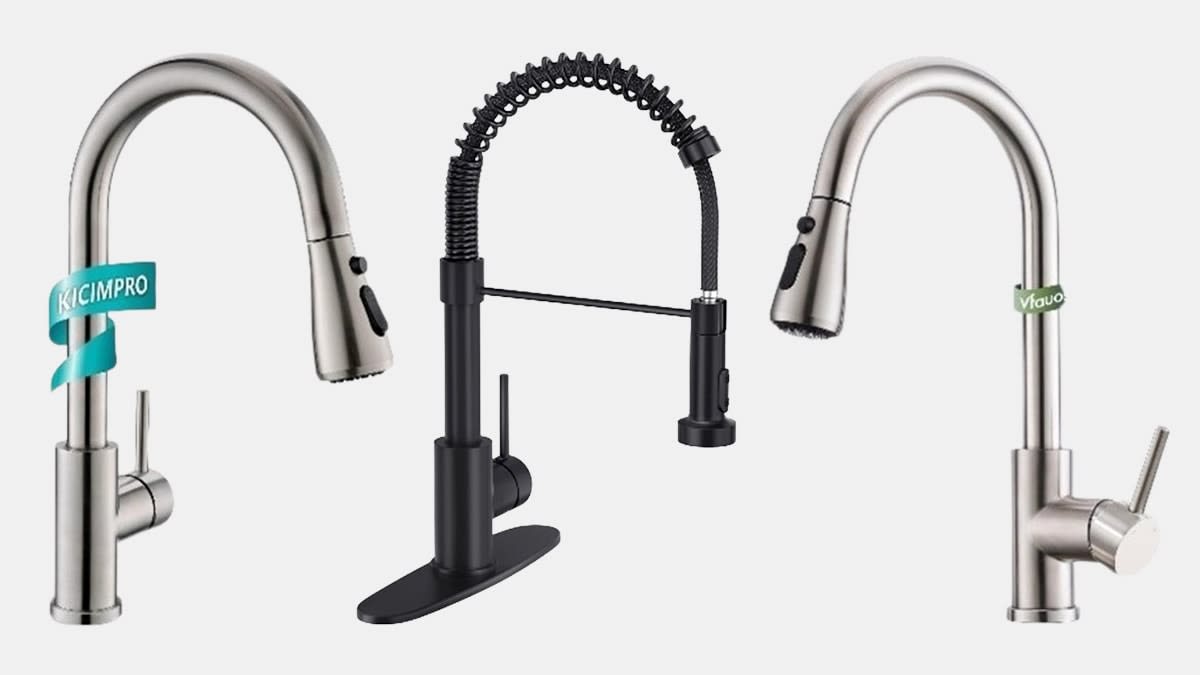
A mix of small independent grocers and large regional chain supermarkets are primarily responsible for keeping our cupboards full. But in recent years, a handful of grocers have been establishing a more national presence. If one or more of the stores below aren’t already in your neck of the woods, they may be soon.
Aldi has over 2,000 stores in 39 states and plans to open 800 more by the end of 2028. Based in Germany, the store is bare-bones—you’ll generally find no pharmacy or café—nor does it issue or honor coupons. But you’ll find low prices on the products that are Aldi-exclusive, which 90 percent of the offerings are. Make sure to bring a quarter because you’ll need it as a deposit for a shopping cart.
Costco’s rotisserie chickens have become a national obsession and are now roasting at over 600 locations across 47 states. The warehouse club derives revenue from membership fees ($60 to $120 a year), which helps keep the markups on the products it sells—most in bulk sizes—low. While typical supermarkets stock about 30,000 products, Costco has just around 4,000. Its house brand, Kirkland Signature, is top-notch.
Target can now be found in all 50 states with more than 1,950 stores, most of which sell food at competitive prices. It has a dozen private-label grocery brands, including nine for its wine and spirit collections. If you pay with a Target Circle credit card, you get 5 percent off on your purchases.









